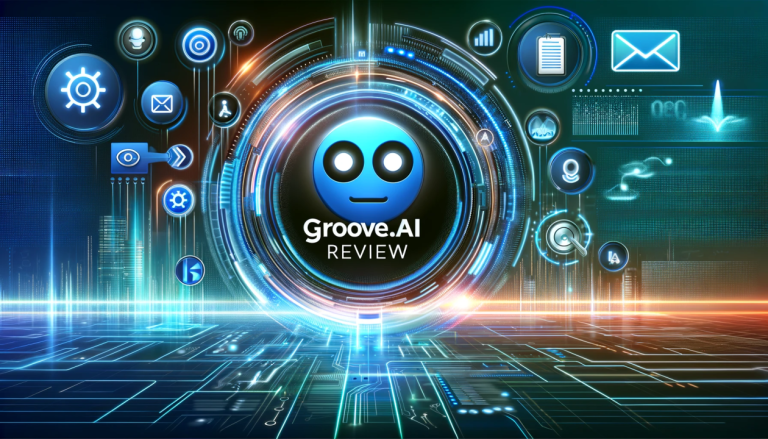Enterprise resource planning (ERP) is software used by enterprises to manage the entire company’s information. Unlike companies hosting local systems, cloud erp system refers to ERP software, and solutions are provided and repaired in the cloud. Todays’ organizations are different, but they all face a common challenge: they need to acquire technologies that enable them to innovate, develop, and compete effectively in today’s business environment that grows rapidly.
On-Premises ERP vs. Cloud ERP:
You need to have a good understanding of the difference between it and on-premises ERP solutions to correctly understand the value and advantages of cloud erp system. This section gives you a summary of the two types of deployment choices.
What is On-premises ERP software?
ERP is a company software and resources management tool system customized and maintained by your IT team on your hardware and servers, as previously mentioned in the glossary. In other words, ERP systems lay on-site maintenance responsibilities on your shoulders. But once you purchase the core software platform, ERP systems are on-site. But you will be charged additional costs to maintain, upgrade, recruit, fix software, equipment and update the support infrastructure.
In general, your software limits additional expenditures, contradictory priorities, and time limits for ERP upgrades on-site. Companies without frequent updates with features, security, and usability enhancements.

What is cloud-based ERP software?
Cloud-based ERP is a company software and solution planning system hosted by and managed off-site by your cloud provider. You can concentrate on the operation of your organization instead of IT management by adopting the cloud. Cloud-based SaaS systems place management and maintenance burdens on the vendor rather than your organization. Cloud ERP allows you to update regularly and smoothly, which is part of your unique charging. ERP Cloud implementation also needs little or no IT involvement, which can boost your teams’ value in the business by investing more time in tasks that support strategic growth goals.
Your ERP system can help you focus on business results instead of the cloud. It is the ability to keep up with the latest developments that are often noted by business leaders. As one of the most unexpected results of migrating from on-premises ERP solutions to the ERP cloud. By simply using innovative business software, you can gain a competitive advantage to grow and develop with the market. Safety always comes first. You can also benefit from world-class security infrastructure, advanced backup and disaster recovery technologies, and achieve 99.5% uptime by using Epicor to invest in cloud ERP implementations.














